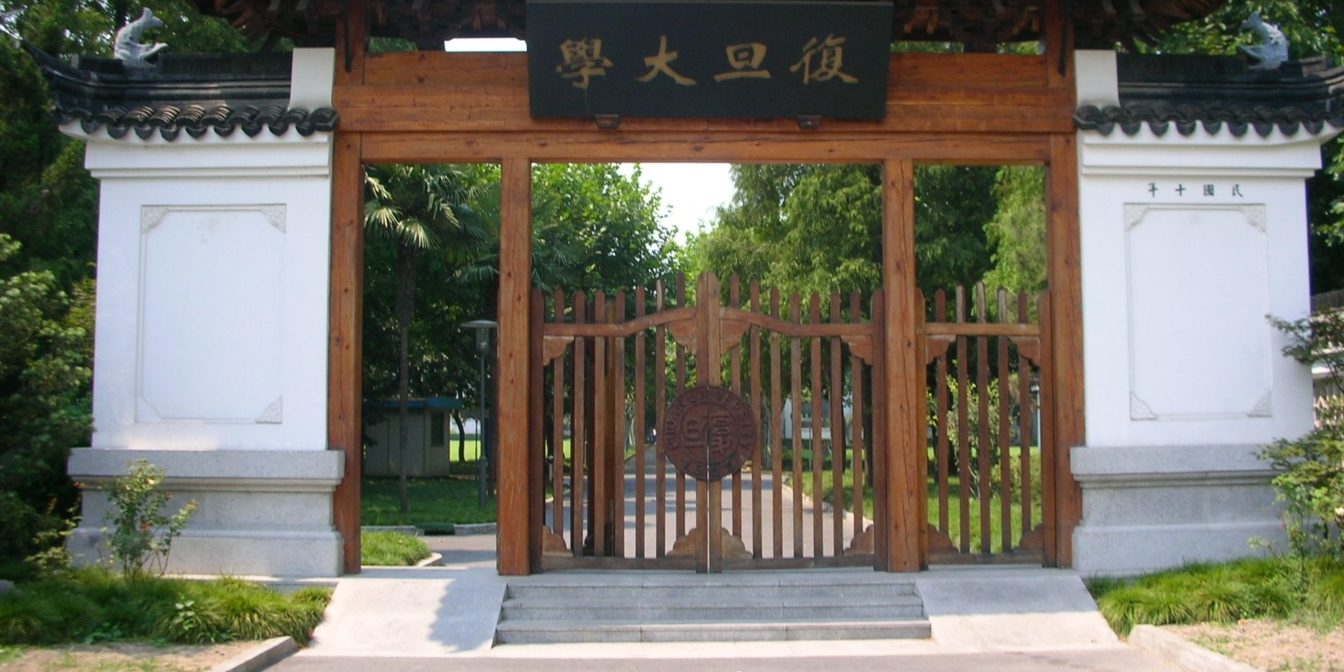Chinese universities cut “freedom of thought” from charters
One of China’s most prestigious and selective universities has cut “freedom of thought” from its charter and pledged to follow the Communist Party’s leadership.
Fundan University, based in Shanghai, is regarded as one of the leading Chinese institutions, ranking 109th in the Times Higher Education 2020 World University rankings.
Established by the Chinese people following the end of imperial Qing era, the university was reportedly considered a liberal institution.
Changes to its charter were enacted on Tuesday by the Ministry of Education, including the removal of “freedom of thought”. Fundan was one of three Chinese higher education institutions to face these changes, alongside Shaanxi Normal and Nanjing.
According to the Guardian, this action has provoked “a fierce debate and a rare act of student defiance”.
Just hours after the charter was changed, the news was trending on the Chinese social media website, Weibo, with one hashtag being viewed more than a million times.
The minds of teachers and students using Xi Jinping’s socialism ideology with characteristics of China in the new era
– Fundan University’s amended charter
One user expressed their disappointment in the amendments, questioning how their generation of Fundan could face their ancestors.
This and other similar posts, some positing the necessity of the changes, were removed from the social media platform on Wednesday afternoon. However, the issue was supposedly still ‘alive’ in private WeChat groups.
When President Xi Jinping ascended to power in 2012, specific restrictions on the Internet and various aspects of civil society followed. A campaign was launched to increase and facilitate censorship, leaving little to no availability for possible protests, including those on university campuses.
The revisions to the university charters might have been provoked by Beijing’s attempt to silence Hong Kong protesters, many of whom were students.
Since the suppression of the student pro-democracy campaign in Tiananmen Square in 1989, student protests have been extremely rare in China.
The new university charter encouraged the use of “the minds of teachers and students using Xi Jinping’s socialism ideology with characteristics of China in the new era”.
In addition, some commentators pointed out the revised charter gives more power to the Communist party by arguing that the “party committee is the core of the university” and that it will be responsible for the further direction of the university and its major decisions.
Recently, China’s government has been accused of interference in the universities of other countries.

Comments